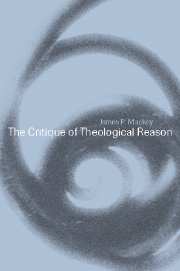Epilogue
Published online by Cambridge University Press: 22 September 2009
Summary
John Searle's latest book, Mind, Language and Society, is aptly subtitled Doing Philosophy in the Real World. It has been widely and well reviewed in philosophical reviews as a fine summation of his case against both reductivist materialism and the ‘Cartesian’ dualism which is at once its context and contradiction. Or, put more positively, it is received as a summary of possibly the best attempt currently available to solve the problem that has plagued modern science, ethics and philosophy, namely, the mind–brain or consciousness-and-the-physical problem. Philosophical reviews also laud him, and quite rightly, for persistently insisting on our massive experience to the effect that causality is not purely physical. It is economic, social, political and hence somehow mental, as the making of the world we inhabit increasingly illustrates. (An acknowledgement here of the role of the conscious communal creativity of humanity in the coming-to-be, or the gradual destruction, of the world; a role which loomed increasingly large in the argument of this essay.) And Searle is lauded further, and equally rightly, for his acid critique of those computer-program-type systems which are sometimes supposed to somehow accompany as epiphenomena the physical–chemical processes of the neural system – similarly and simultaneously in numerous discrete individuals?
- Type
- Chapter
- Information
- The Critique of Theological Reason , pp. 323 - 330Publisher: Cambridge University PressPrint publication year: 2000

